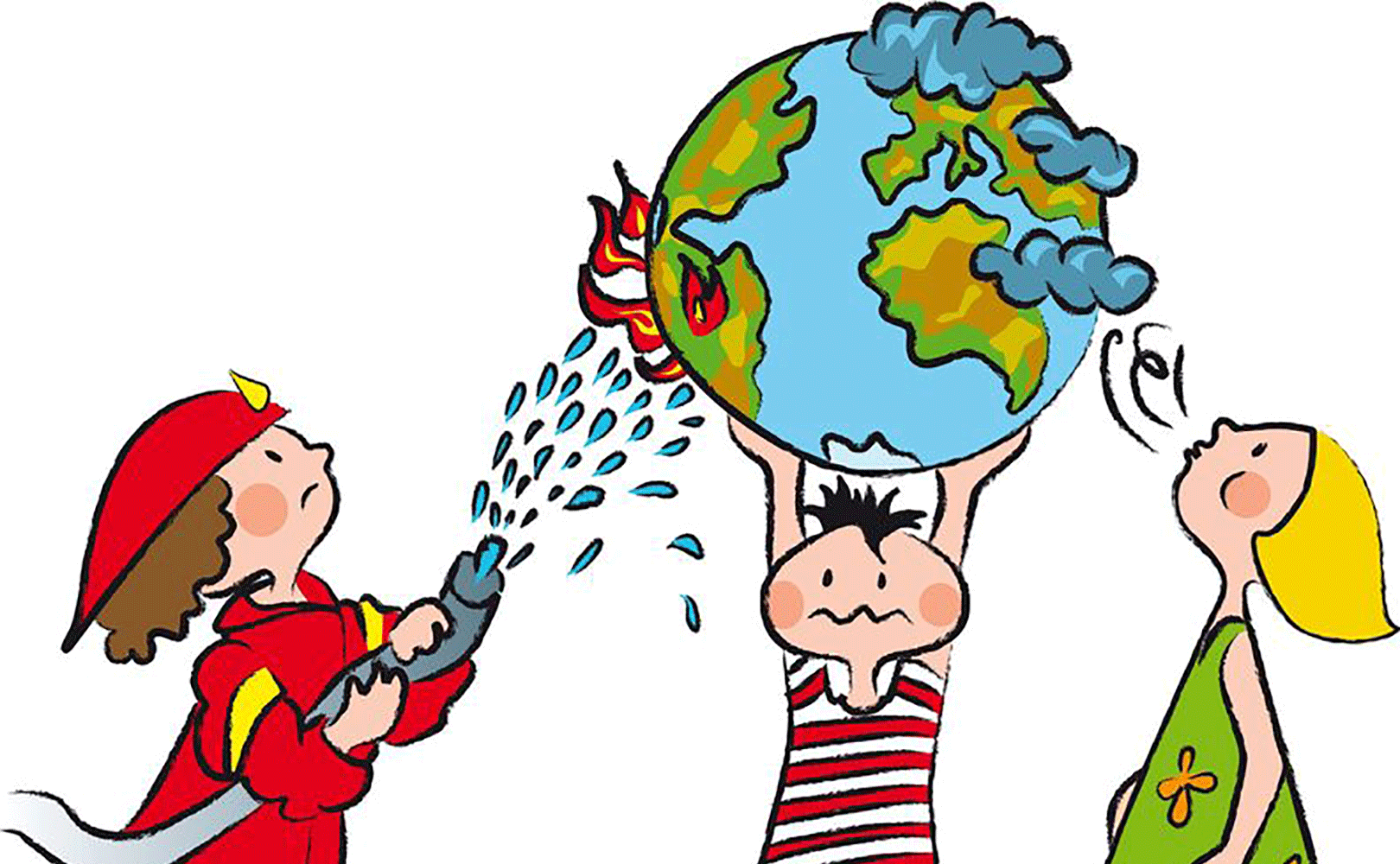With over 100,000 people displaced by the North Bay fires, chances are even if you weren’t directly impacted by them, you may know someone who was. Recovering from a catastrophic loss of this nature is complicated by the emotional challenges of grieving from the loss. We’ve included some tips below to help begin the long road to recovery, gathered from survivors of previous fires and insurance experts.
- Take a moment to reflect. If you are struggling to take action because of your grief, then take a moment to write down all your thoughts, concerns and questions. This allows you to take inventory on what’s on your mind and likely impacting your level of stress and decision-making ability. Once these are down on paper they should be identified based on items that need immediate attention and are essential decisions. After identifying your essential decisions and immediate action items which become the “Now” items, you can reduce your often-times large and overwhelming list considerably. This creates a “time-out” on non-essential or non-urgent items while you give your time and attention to the Now items. You can further categorize your remaining items into Soon or Later items. Going through this exercise helps reduce the decision overload someone can experience during a major life event, which could lead to less than optimal decision-making choices. Then sort them by priority based on Now, Soon, Later. Read on for some items that are likely to fall on the Now or Soon lists.
- Find a place to live. While many evacuees initially fled to the homes of friends and family, that likely isn’t a long-term solution. Finding a permanent home to live in during the rebuilding process should be top priority. Rental housing was already in tight supply before the fires, so this process might take some time and require compromises on location, price or quality.
- Understand your homeowner’s insurance. Contact your agent for help in understanding the various coverages of your insurance policy. Most policies have some form of Loss of Use coverage that can reimburse you for some of your living expenses while rebuilding. Also, it is important to understand your building and contents replacement cost coverages. Understanding if you have Extended Replacement Cost coverage and how much, Ordinance & Law (for building code upgrades) or Actual Cash Value (depreciated value), can help you better understand exactly what will be covered.
- Get organized. Given all the natural disasters this year, insurance claims departments are overwhelmed. Talk to your insurance company to see what they require, but the more organized you can be, the more likely they’ll address your claim sooner.
- Document everything. Take notes of all conversations with insurance, city, and county people related to your claim and rebuilding process. Save all emails. Documented pushback from the insurance company can later be used to file a claim with the Department of Insurance if necessary.
- Save receipts. Save all receipts for things purchased after the fire, and also attempt to collect receipts for things destroyed by the fire, if possible.
- Collect pictures. Ask friends and neighbors for any pictures of your house and find any you may have stored in the cloud or offsite.
- Be detailed. Provide as much information as possible in filling out claim paperwork to make the job easier on the claims adjusters. For example, Dress Shirt = vague; Nordstrom no Iron, regular fit, blue, $69.50 (with a link to Nordstrom) = detailed.
- Ask for a portion of your settlement up front. If your home is damaged or is a total loss, some companies will send you 20% right away to get you started. Be mindful of how you spend it and save receipts. There may be limits if you have a mortgage.
These are just a few tips to get started in the long road to recovery. If you are finding it hard to take any action because of your grieving process, just focus on one thing at a time. Wait until you are settled in a new home to tackle some of the other items on the list. Recovering from a catastrophic loss is a marathon, not a sprint.

